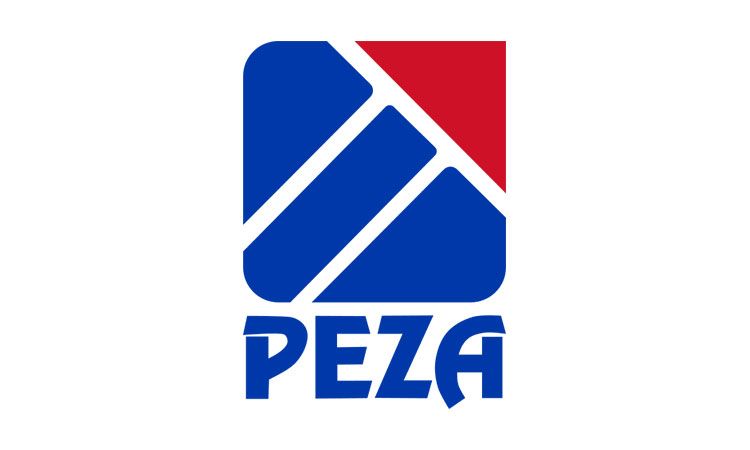MANILA – The United States Department of State (DOS) has recognized the improvements in the Philippines’ investment climate in its latest 2020 Investment Climate Statements.
The USDOS mentioned reforms made by the Duterte administration that helped improve the business climate in the country.
“The Philippines continues to address investment constraints,” noted the 2020 Investment Climate Statements, which was released in September.
Among the reforms cited by the USDOS were the update of the Foreign Investment Negative List (FINL) in 2018 that allowed 100-percent foreign ownership in Internet businesses, insurance adjustment firms, investment houses, lending and finance companies, and wellness centers, as well as allowing foreigners to teach in higher education levels and increasing foreign participation in the construction sector from 25 percent to 40 percent.
It added that the Ease of Doing Business and Efficient Government Service Delivery law of 2018 has improved transactions with the government through streamlining requirements and automating services.
“Touted as one of the Duterte administration’s landmark laws, it created an Anti-Red Tape Authority under the Office of the President that oversees national policy on anti-red tape issues and implements reforms to improve competitiveness rankings. The authority also monitors compliance of agencies and issues notices to erring and non-compliant government employees and officials,” the USDOS said.
It noted pending bills in Congress that are seen to have a large impact on the investment climate in the country.
These include the Public Service Act, the Retail Trade Liberalization Act, and the Foreign Investment Act, which will open more sectors to foreign players.
“Foreign ownership limitations in many sectors of the economy constrain investments,” the USDOS said.
It added that despite the improvement in the investment climate, the country’s foreign direct investment (FDI) is relatively low compared to its neighbors in Southeast Asia.
“(T)he Philippines ranks fifth out of 10 Asean countries for total FDI in 2019. FDI declined by almost 24 percent in 2019 to USD7.6 billion from USD9.9 billion in 2018,” the 2020 Investment Climate Statements said.
On the other hand, the 2020 Investment Climate Statements has lauded the Philippine Economic Zone Authority (PEZA) as it offers a business environment for export-oriented companies.
“While the Philippine bureaucracy can be slow and opaque in its processes, the business environment is notably better within the special economic zones, particularly those available for export businesses operated by the Philippine Economic Zone Authority, known for its regulatory transparency, no red-tape policy, and one-stop-shop services for investors,” the USDOS said.
On Friday, PEZA Director General Charito Plaza thanked the USDOS for acknowledging the agency’s role in making the country’s investment climate competitive.
“Learning positive feedback and impressions from the DOS and from foreign and local partners and stakeholders about PEZA’s brand of service and performance solidify our position that PEZA is the top export-oriented investment promotion agency bringing investments, export income, and jobs to many Filipinos and making the Philippines as (an) investment hub in Asia,” Plaza said. (PNA)

